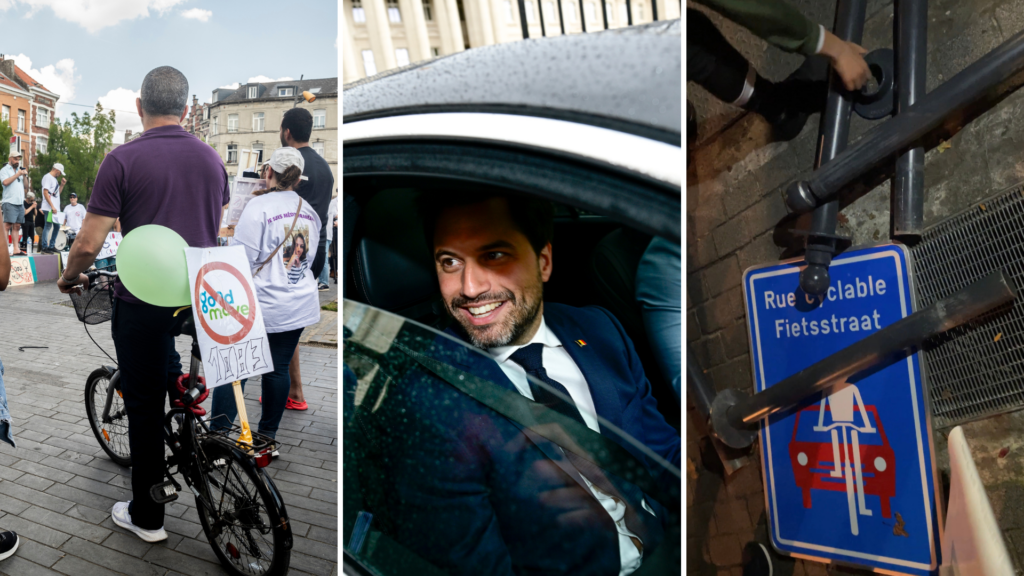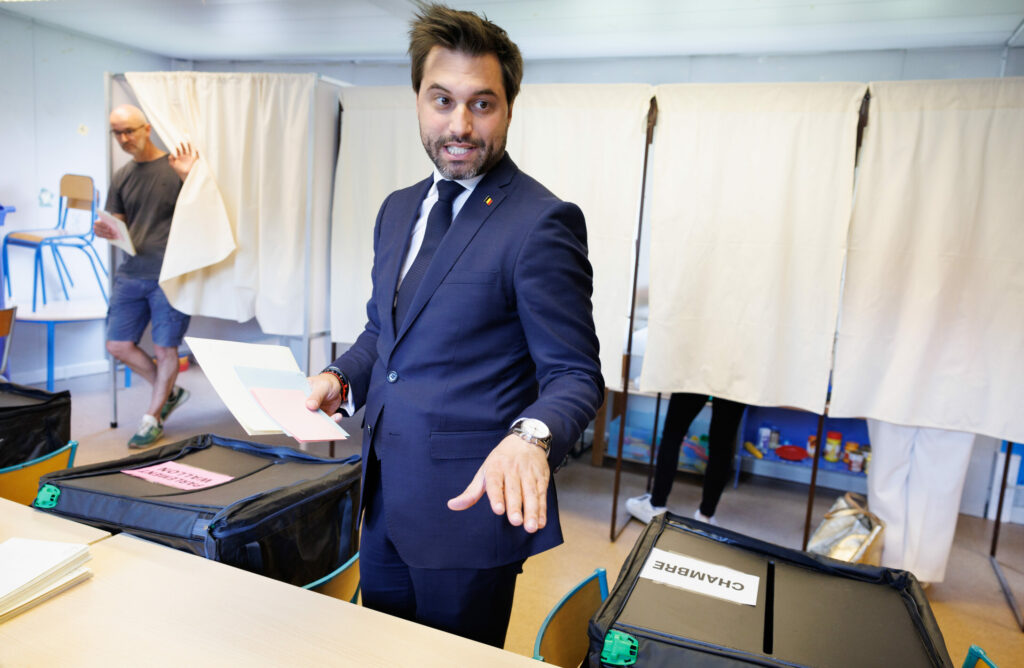An oft-parroted observation about Brussels is how "liveable" the city is. Like any cliché, it feels honest and applicable when vocalised, without demanding much qualifying. It's a phrase I have used myself many a time.
But what does it mean? And if it is true, what makes this city so? To some degree, any resident who isn't scraping by on the breadline will find their chosen milieu "liveable". No doubt a place becomes imminently more liveable the more you earn. On these points, the word denotes a level of personal comfort and security that one enjoys, wherever that happens to be.
In the context of Brussels, the metric becomes more precise when we think of the comfort and security which the city provides to people dwelling in it, irrespective of their individual means. To achieve a strong (and widespread) impression of livability, the public space and infrastructure must be effective and pleasant, conducive to one's physical and mental wellbeing and without constant disturbances which would have you thinking "But why on earth does it have to be like that?"
As a non-Belgian, consternation is a feeling I have grown to accept – there are many things in this country that escape logical explanation. But the urban environment doesn't have to be one of them and Brussels authorities are making visible efforts to address areas that no longer serve their intended purpose, and others that never really did.
To encapsulate this mission, a set of regional town planning regulations has been drawn up under the "Good Living" moniker. This aims to "develop a new culture of high-quality buildings and urban spaces" and involves an expert committee appointed by the regional government, which advises on developing open spaces, urban structures, and improving livability.
Concretely, the Good Move policy has targeted mobility, significantly altering traffic plans with the aim of reducing pollution in the city, promoting active transport modes, and (you guessed it) boosting livability. The new road signs, roadblocks, traffic controls and pedestrian streets split public opinion. Whilst some motorists were incensed by the inconvenience, others were thrilled by the benefits – which showed up in measurements of air quality and congestion.
How could this be anything other than a compelling leap towards the modern city we have come to long for – one that puts residents before select interests? But not everyone was buying it.
To Good Move's detractors, the policy was rammed through without consulting local areas, disrupting routines without sufficient warning. Flaws in implementation fed into broader issues of class inequality: metropolitan elites shaping the city as they would have it; rampant gentrification; 15-minute cities... No matter that this was untrue, the polemic became a political battleground.
And with Brussels now the most complex of all Belgium's governments to form, coalition partners are being measured on their stance on Good Move. Will it become a dealbreaker? Will the next government lock horns over this one policy? And can we trust that elected representatives will act in the interest of the city's residents or rather fall into ideological in-fighting? Let @Orlando_tbt know.
Belgium in Brief is a free daily roundup of the top stories to get you through your coffee break conversations. To receive it straight to your inbox every day, sign up below:
1. How long will Belgium's government formation take this time?
Does forming Belgium's government need to take 400-500 days every time? Read more.
2. 'He doesn't give a damn about Brussels': Bouchez launches attack on Good Move
Despite not being based in Brussels, the leader of the Francophone liberal MR party Georges-Louis Bouchez is continuing his attack on the Good Move plan, while lashing out at Mobility Minister Elke Van den Brandt and her intentions for the Brussels Government. Read more.
3. Preferential vote: Belgium's most popular politicians in this year's elections
Sunday's elections made it clear which parties were the biggest winners and losers, but what about the politicians themselves? Whilst some parties bombed, the public was more approving of some individuals. But who are Belgium's most popular politicians? Read more.
4. Brussels named 17th most sustainable city in the world
Brussels has climbed the ranks to be labelled the 17th most sustainable city globally, performing particularly well on environmental factors and quality of life for citizens. Read more.
5. One dead and five injured in large explosion in Antwerp, part of building blown away
A large explosion occurred in the Hoboken district of the city of Antwerp on Thursday morning. One person has died and at least five others have already been reported injured as the search for victims continues. Read more.
6. Paradise City: Belgium's premier eco-friendly electronic festival
It's just over two weeks until eco-friendly electronic music festival Paradise City kicks off, with tens of thousands of festival-goers due to attend the picturesque venue at a waterside castle just outside of Brussels. Read more.
7. Union Saint-Gilloise to raise €2.5 million via 'crowdlending' loan
Union Saint-Gilloise (USG) and the Look&Fin platform announced the launch of a "crowdlending" campaign (a loan in the form of participative financing) for the sum of €2.5 million on Thursday. Read more.


